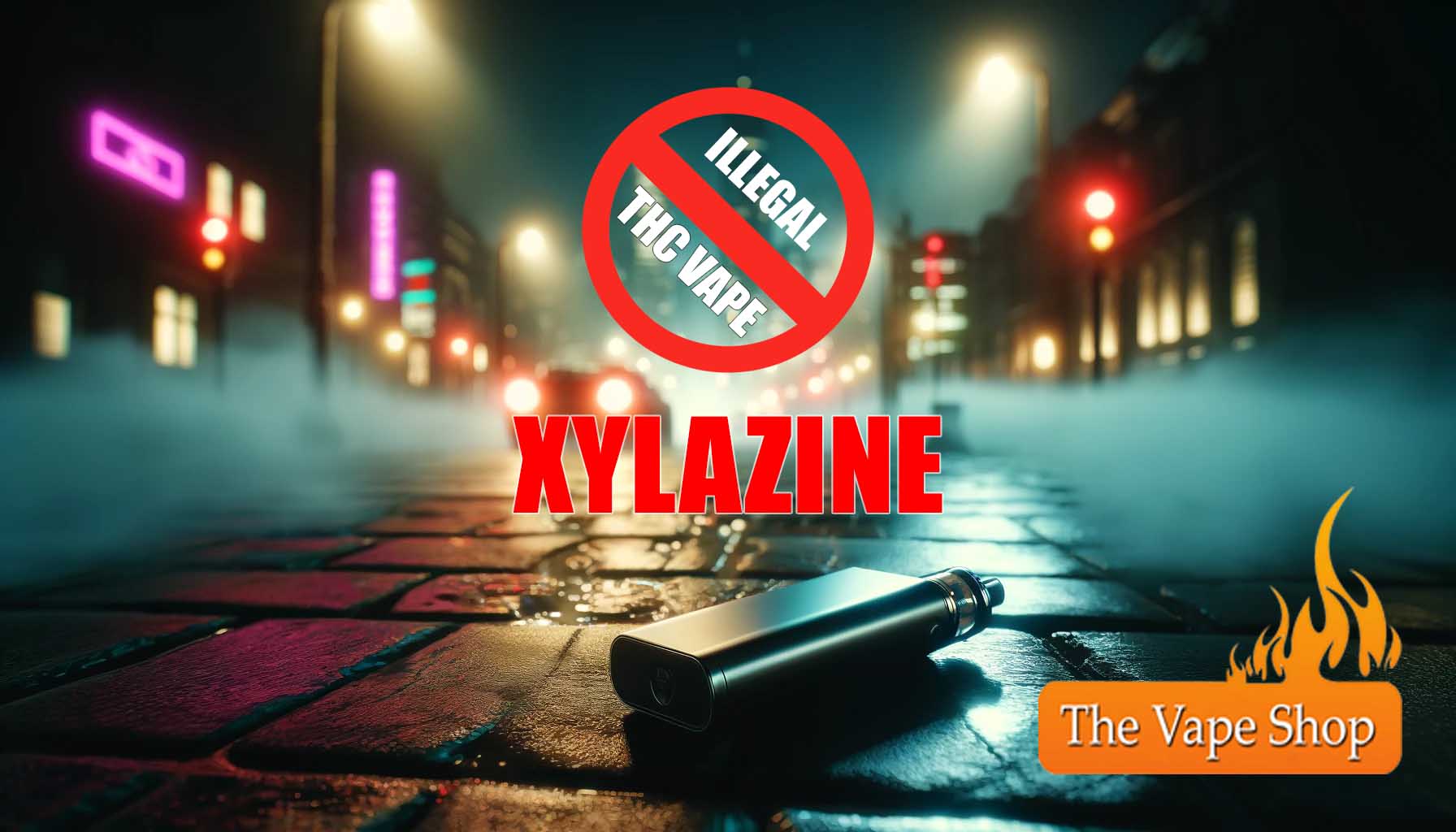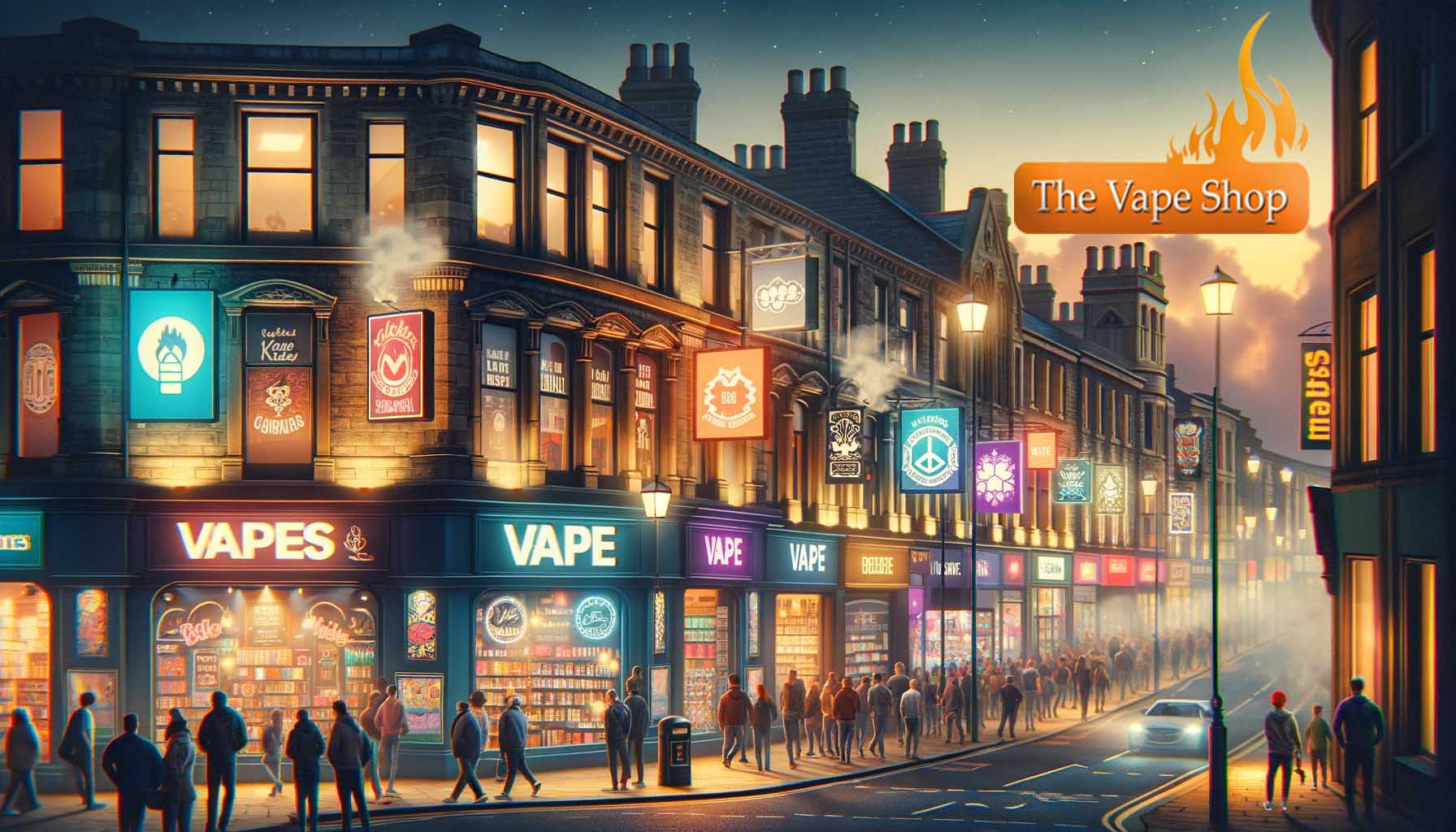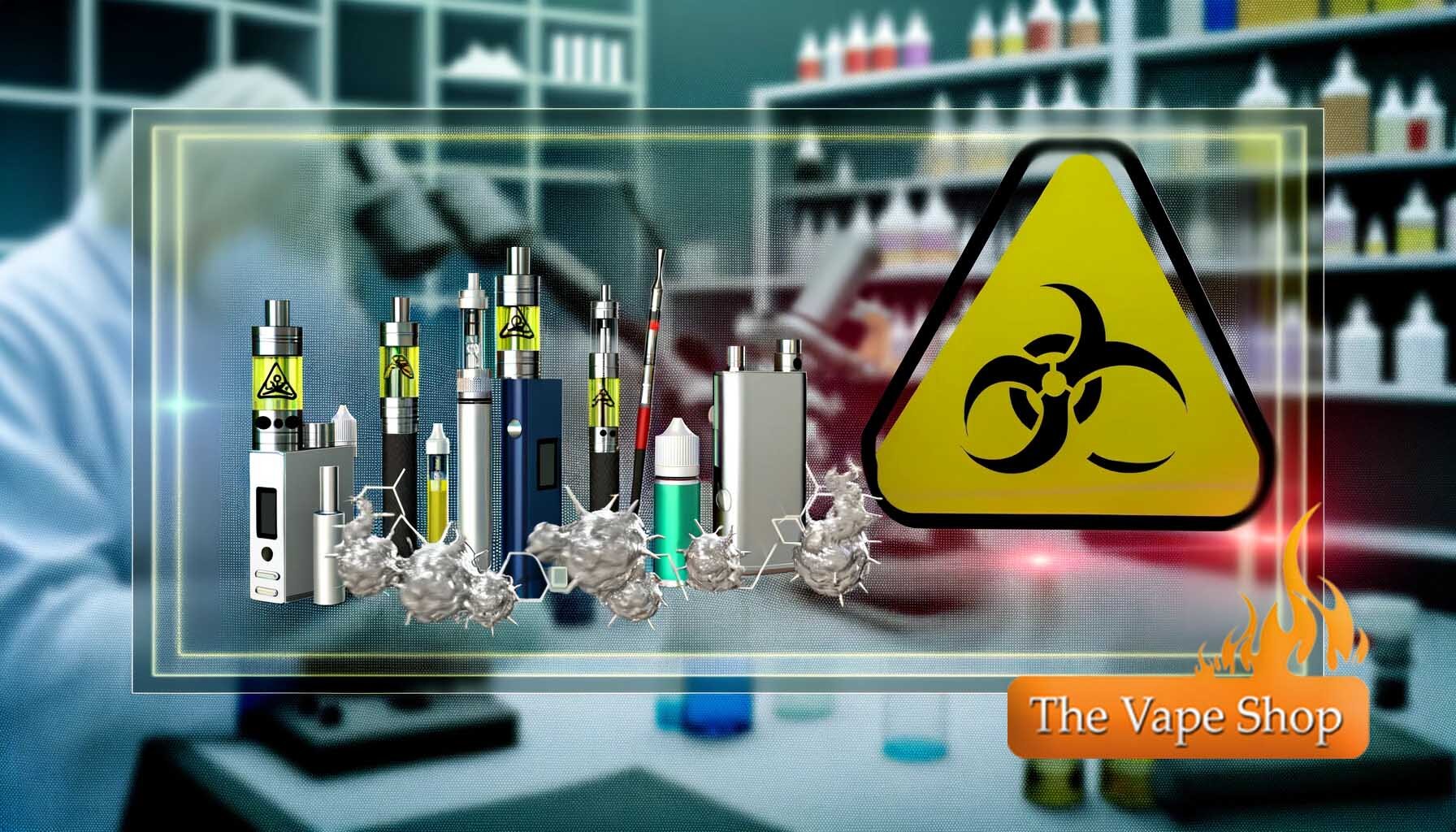Unintended Consequences of Vaping Bans
At The Vape Shop, we’ve been closely observing the evolving landscape of vaping regulations in Australia. Despite the government’s intentions to curb the use of disposable vapes through import bans, the reality on the ground tells a different story. The prohibition, which came into effect under the Albanese administration following earlier legal frameworks set by the Morrison government, has ironically led to a flourishing black market.
The ban initially targeted nicotine vapes, with the legislation being tightened to include a nationwide ban on the importation of disposable vapes from 1 January. Retailers are allowed to sell existing nicotine-free inventory, but this has not deterred the sale of illicit products.
The situation on the streets, especially in popular areas like King Street in Newtown, Sydney, is a testament to the failure of these regulations. Here, a wide range of stores, both independent and chain, are openly selling illegal nicotine vapes, with a range of appealing flavours like apple, blueberry raspberry, watermelon, and mango ice. These products, often packaged attractively, are sold without any significant regulatory checks, almost as if they were everyday legal commodities.
The Growth of the Black Market

Brian Marlow, Director of Legalise Vaping Australia, has pointed out the ineffectiveness of the government’s attempts to regulate vaping. The irony is that disposable vapes have always been illegal in Australia, yet they are more available than ever. This ban has not only failed to address the issue but has also provided an opportunity for crime syndicates to profit by importing and distributing these products.
Moreover, the new rules have inadvertently increased the cost of vapes for consumers, as retailers now charge more to cover the increased risks associated with importing and selling these items. The black market for vapes in Australia, largely supplied from China, has grown to a multi-billion dollar industry, with over 90% of vapes sold being unregulated.
In contrast, other countries like New Zealand and the UK have taken a more pragmatic approach by regulating the sale of high-quality vapes. Such regulations include marketing restrictions, product standards, licensing for retailers, and heavy fines for selling to minors. This approach not only ensures that adults have access to safer products but also effectively undermines the black market.
Australia’s current policy is not just failing; it’s counterproductive. It’s leading to a situation where illegal sales are rampant, and potentially harmful products are more accessible, especially to younger demographics. The government’s attempt to regulate vaping through bans is proving to be a flawed strategy, inadvertently nurturing a black market that is hard to control and potentially more harmful to public health. Instead, adopting a regulated framework similar to other countries might be a more effective way to manage vaping, ensuring safety and quality while dismantling the illegal market.














